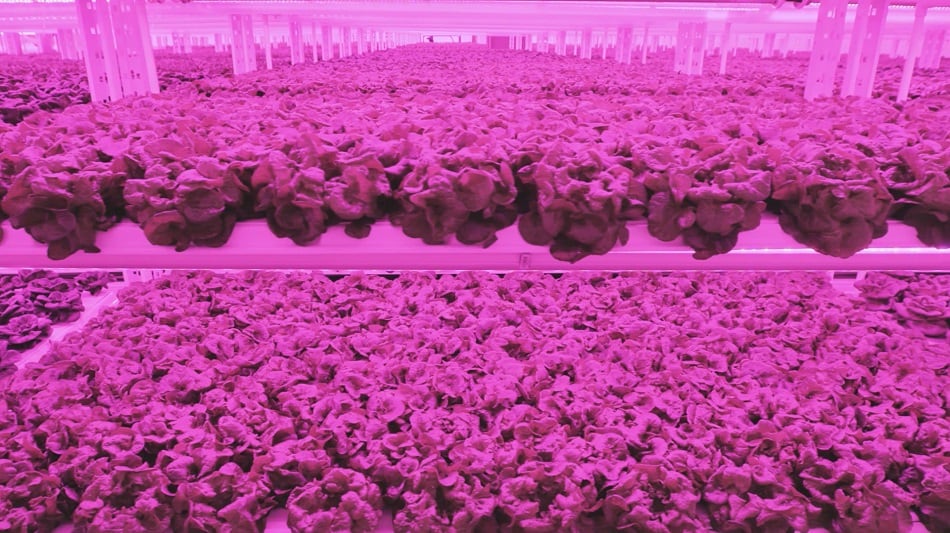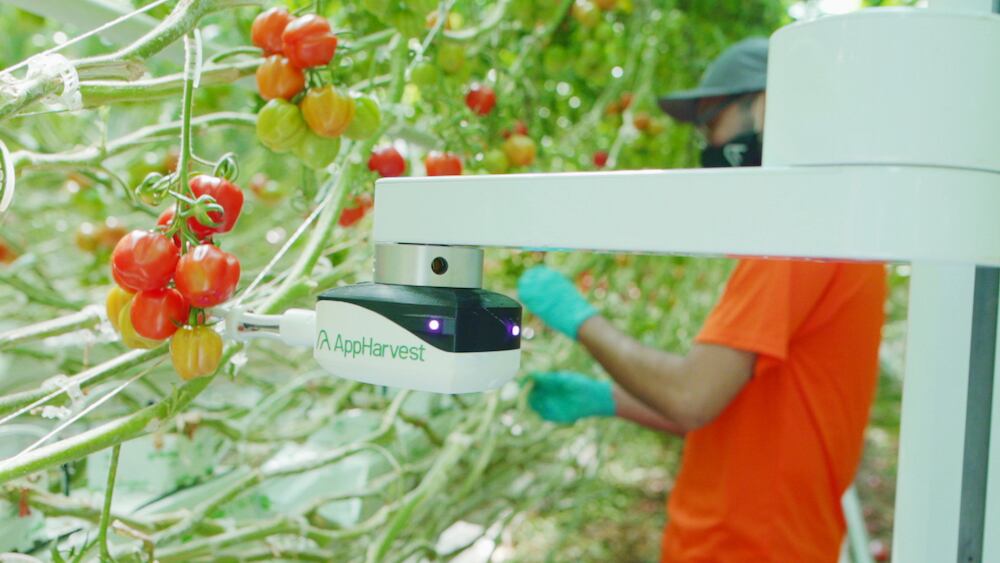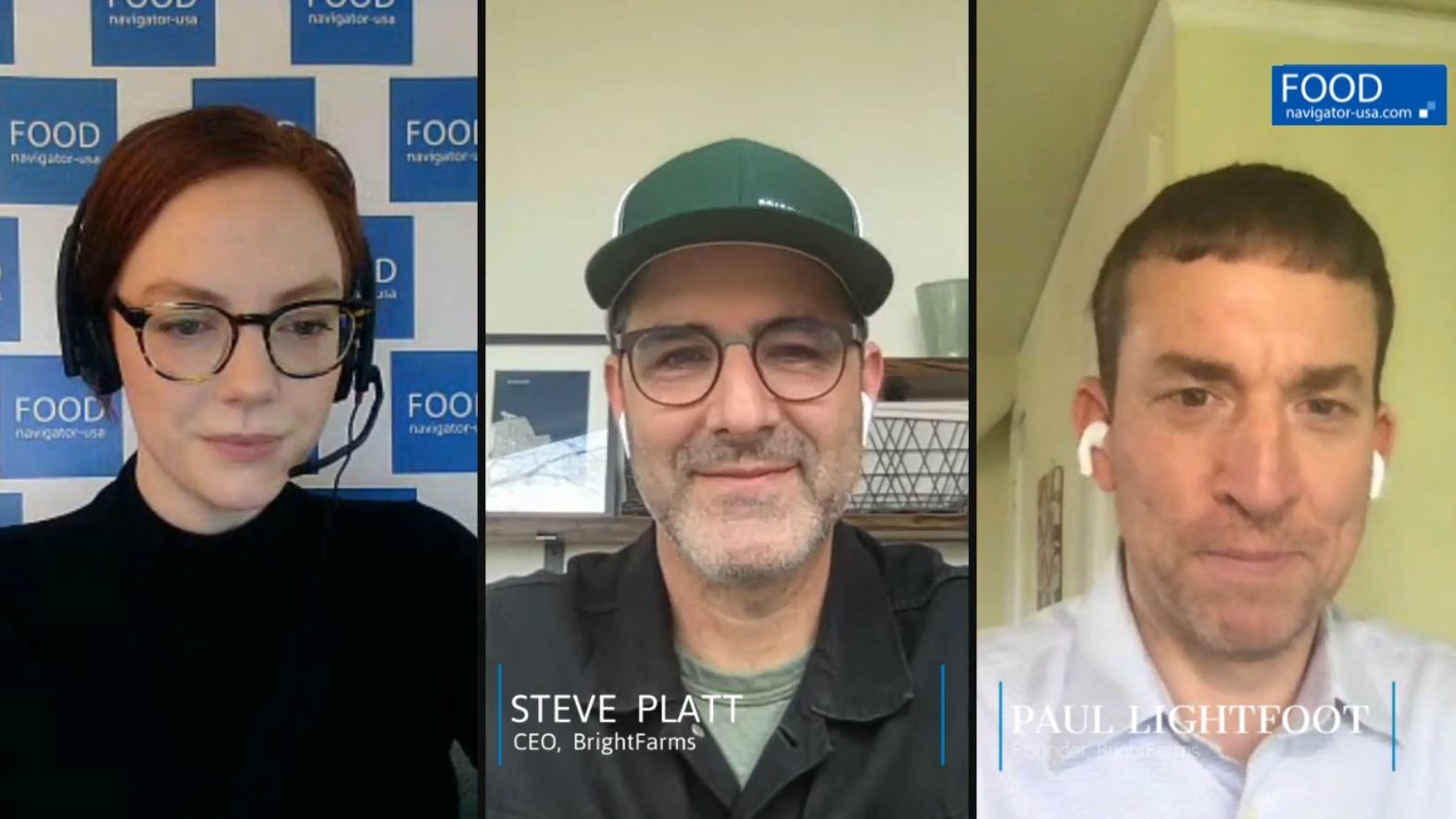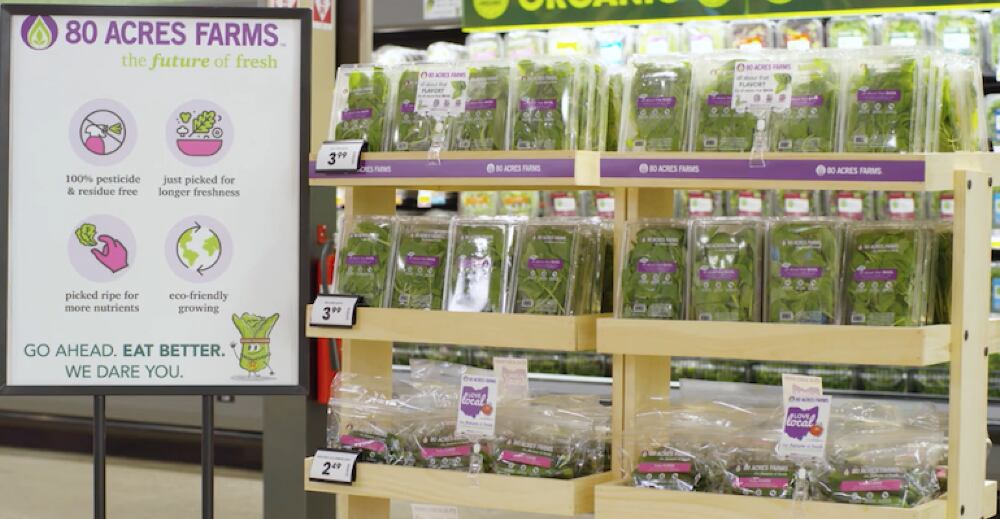The 77,000-square-foot indoor growing facility -- the largest in the Southeastern US region, said Kalera -- has the capability of scaling up to produce 10 million heads of lettuce per year.
“Our new Atlanta facility is open and performing in line with our expectations, and we are eager to begin offering our local, fresh, safe, sustainable greens to the Georgia market,” said CEO Daniel Malechuk.
“Our customers are telling us that there has never been a better time to ensure supply continuity, locally, than now and we are grateful Kalera can provide this.”
At its indoor growing facilities, Kalera uses a closed loop irrigation system (which uses 95% less water than conventional field grown lettuce), optimized nutrients, and artificial light to grow its leafy greens in vertical stacks, which according to the company, creates a more consistent product year round (because the product is not subject to variances in weather and sunlight).
Local sourcing
Additionally, indoor vertical farming can get closer to the consumer, cutting down on transportation and trucking to and from retailers meaning the product has fresher and longer shelf-life for the end consumer, Malechuk previously told FoodNavigator-USA. And because the lettuce is grown in a controlled indoor environment, the product is free-from pesticides.
"One of the things that we’re really excited about is we can be right where the customer is and in conjunction with our distributor. Literally, we can be in their warehouse or connected directly to their warehouse and go directly to their customer with locked-in pricing and uniform product and with no hands touching it," he added.
"When you take into account the carbon footprint it takes to transport the product, you definitely come out ahead."
The company, which first opened growing operations in Orlando, has expanded it footprint across the US, setting up growing facilities in Houston, Denver, Columbus, Seattle, Minnesota, and Hawaii. Once all of these farms are operational, the total projected yield will be several tens of millions of heads of lettuce per year.




